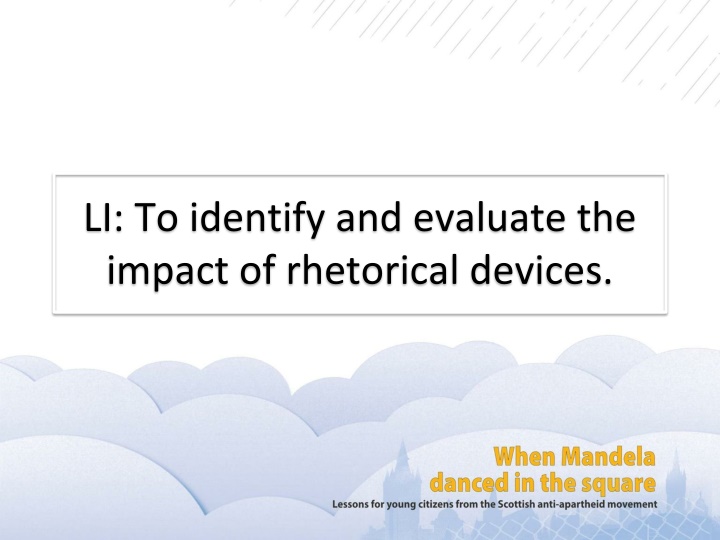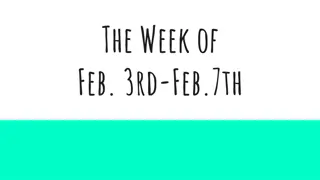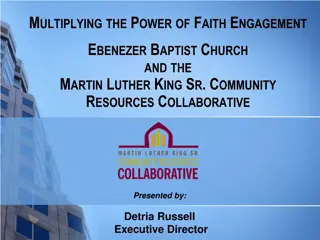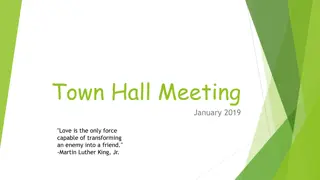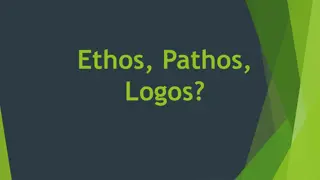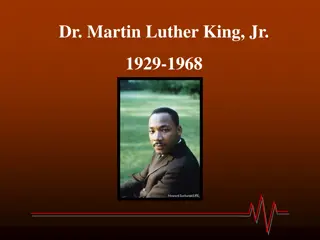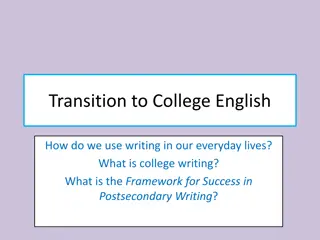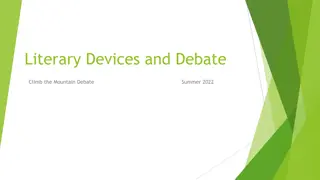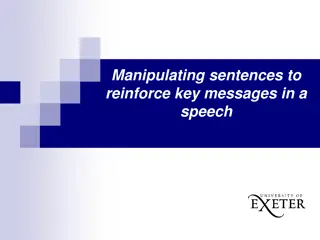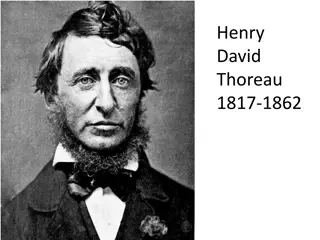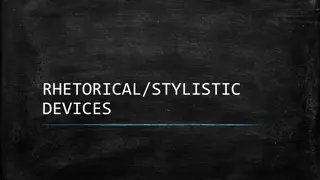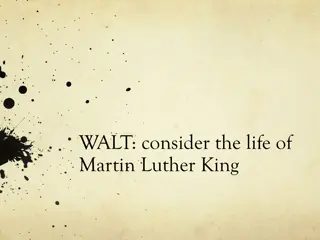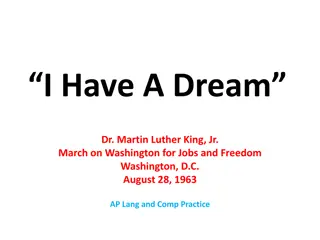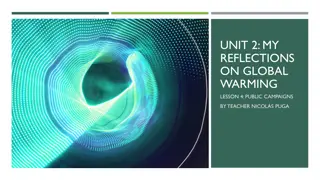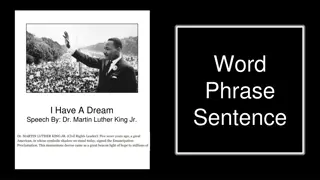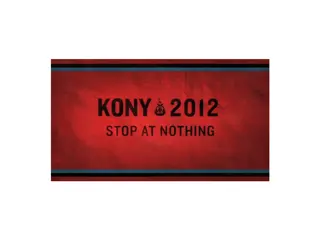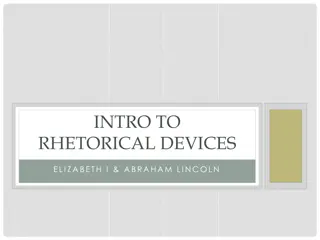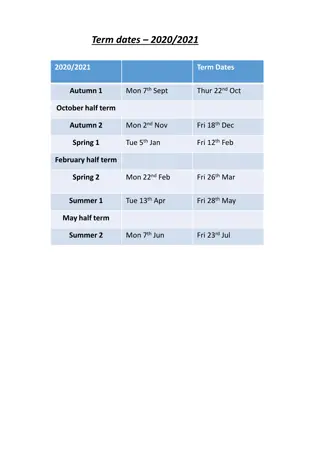Impact of Rhetorical Devices in Speeches by Malala Yousafzai, Martin Luther King Jr., and Greta Thunberg
The speeches by Malala Yousafzai, Martin Luther King Jr., and Greta Thunberg exemplify the power of rhetorical devices such as rhetorical questions, repetition, emotive language, and direct address. These devices effectively convey their messages and evoke strong emotions, highlighting the importance of standing up for human rights, equality, and environmental preservation.
Download Presentation

Please find below an Image/Link to download the presentation.
The content on the website is provided AS IS for your information and personal use only. It may not be sold, licensed, or shared on other websites without obtaining consent from the author.If you encounter any issues during the download, it is possible that the publisher has removed the file from their server.
You are allowed to download the files provided on this website for personal or commercial use, subject to the condition that they are used lawfully. All files are the property of their respective owners.
The content on the website is provided AS IS for your information and personal use only. It may not be sold, licensed, or shared on other websites without obtaining consent from the author.
E N D
Presentation Transcript
LI: To identify and evaluate the impact of rhetorical devices.
Starter! In your pairs carefully read the short extract given to you Highlight or underline the language that stands out or appeals to your emotions Analyse think about what makes it engaging, how does it make you feel? what does it make you think about? How does it do this? You have 5 minutes!
A memorable and powerful speech will contain some or all of the following rhetorical devices: Rhetorical questions Repetition Lists of three (Triads) Metaphors Emotive language Direct address Evidence (statistics, quotations, examples, anecdotes)
Malala Yousafzai Speech to the United Nations Dear brothers and sisters do remember one thing: Malala Direct Address Day is not my day. Today is the day of every woman, every boy and every girl who have raised their voice for their rights. There are hundreds of human rights campaigners who are not only speaking for their rights, but who are List of Three struggling to achieve their goal of peace, education and equality. So here I stand, one girl among many. I speak not for myself, but so those without a voice can be Emotive Language heard. Those who have fought for their rights. Their right to live in peace; their right to be treated with dignity. Repetition Their right to equality of opportunity. Their right to be educated.
Martin Luther King I Have a Dream Speech They ask us When will you be satisfied? We can never be satisfied as long as the Negro is the victim of injustice. I have a dream that one day on the red hills of Georgia, the sons of former slaves and the sons of former slave owners will be able to sit down together at the table of brotherhood. Rhetorical Question Emotive language/ Imagery I have a dream that one day even the state of Mississippi, a state sweltering with the heat of injustice, sweltering with the heat of oppression, will be transformed into an oasis of freedom and justice. Metaphor I have a dream that my four little children will one day live in a nation where they will not be judged by the colour of their skin but by the content of their character. Emotive Language
Greta Thunberg Speech to the United Nations This is all wrong. I shouldn't be up here. I should be back in school on the other side of the ocean. Yet you all come to us young people for hope. How dare you! Emotive language/imagery You have stolen my dreams and my childhood with your empty words. And yet I'm one of the lucky ones. People are suffering. People are dying. Entire ecosystems are collapsing. We are in the beginning of a mass extinction, and all you can talk about is money and fairy tales of eternal economic growth. How dare you! Evidence Repetition three times For more than 30 years, the science has been crystal clear. How dare you continue to look away and come here saying that you're doing enough, when the politics and solutions needed are still nowhere in sight. Evidence
Rhetorical Devices Think Critically! Think/Pair/Share What does each speech have in common? Why is it important that we are aware of the tools writers use to persuade?
Rhetorical Devices Emotive Language Evokes positive or negative emotion Direct Address Talks straight to the people listening/reading Rhetorical Questions No answer expected but intention is to engage listener/reader
Rhetorical Devices Repetition Repeats a word or phrase several times Lists of 3 - Like repetition but specifically mentions 3 names or 3 pieces of information for maximum impact Metaphor Describing something as something else to add imagery and mood
Example Their right to live in peace. Their right to be treated with dignity. Their right to equality of opportunity Repetition/Triad This makes me pay attention as it repeats the same words Their right to 3 times. It is very effective because it sounds powerful and sticks in your mind. The words peace dignity and equality are also strong, emotive words.
Main Task Carefully read Mandela s edited speech With your partner, identify as many of the rhetorical devices as you can. Describe and evaluate the impact of the language used. You have 25 mins.
